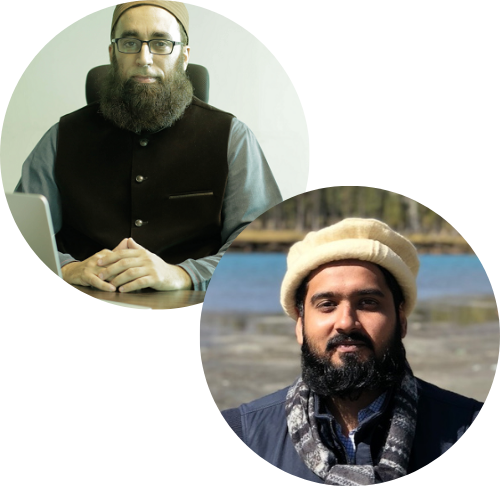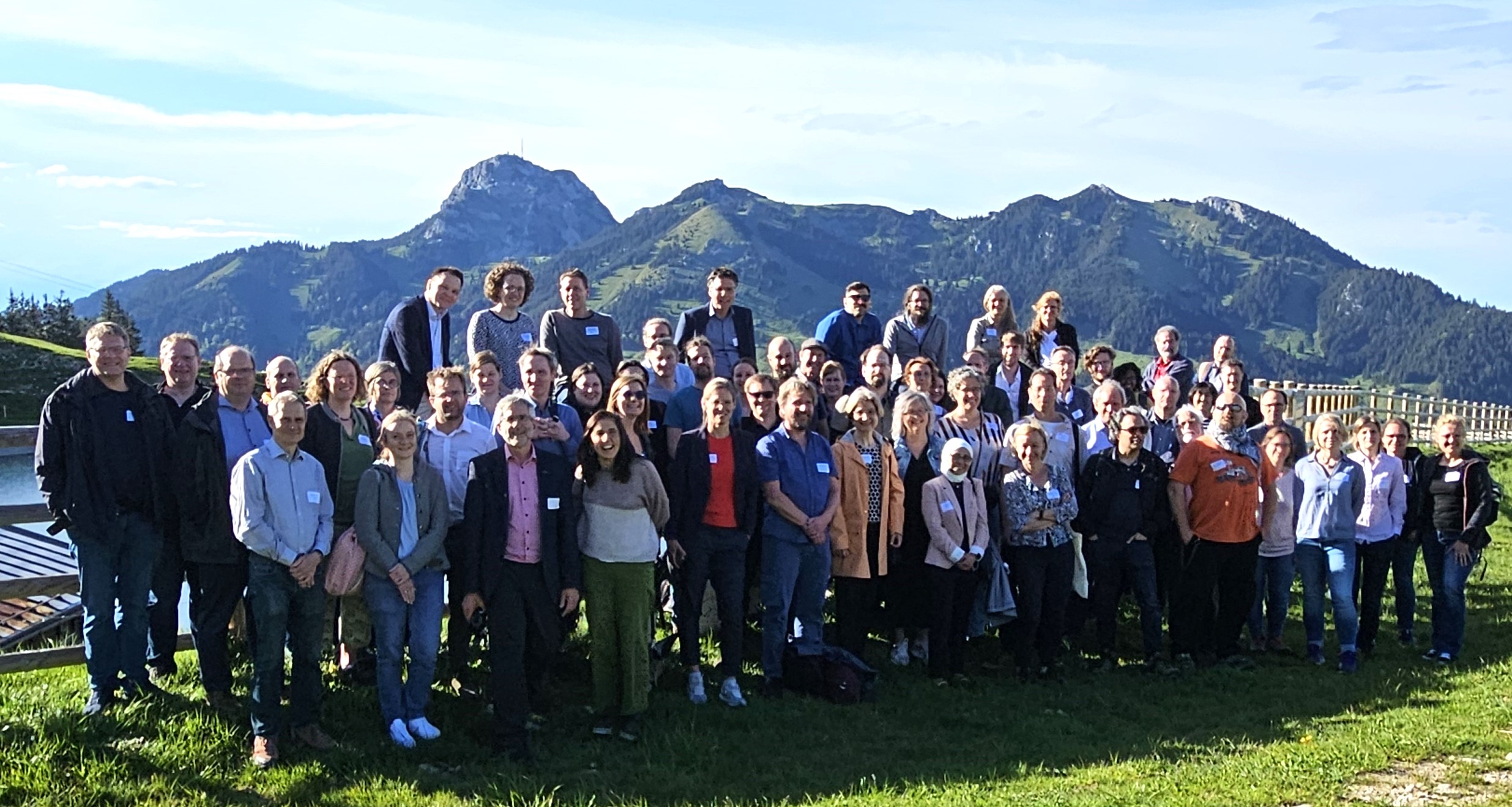Proceedings and videos of keynotes The conference proceedings and recorded keynote videos from the 12th…
Rana Tallal Javed (Ibtidah Solutions and University of Oslo, Norway), Junaid Qadir (Qatar University, Doha, Qatar)

Modern technology, apart from enabling various technical wonders, is often accompanied by harmful concomitants. In particular, the rise of artificial intelligence has raised concerns about various ethical dilemmas emerging from the presence of bias, unfairness, and opacity in algorithmic decision-making. Given that engineers are consummate consumers of technology, it is important that engineering education focuses on highlighting these ethical concerns so that engineers have the ethical and cultural literacy necessary for effectively doing their job in the 21st century. To study how engineering ethics is taught in academia, we have undertaken a large scientometric study based on analyzing hundreds of papers published over a period over two decades (2000 – 2019) in four top engineering education conferences—(1) Frontiers in Education (FIE); (2) Institute of Electrical and Electronics Engineers (IEEE) Global Engineering Education Conference (EDUCON); (3) IEEE International Conference on Engineering, Technology, and Education (TALE); and (4) American Society for Engineering Education (ASEE) Annual Conference. In total 350 articles were extracted, out of which 28 were work-in-progress papers and 7 special-issue papers.
Compared to a more collaborative approach common in modern research (for instance, the average number of authors per publication in many fields these days is more than 8 as per this article published in Nature Index), it was observed that ∼ 54% of the publications were authored by one or two authors. Between 2000 and 2009, the average number of annual publications is 17; between 2010 to 2014, the average declined to 12 publications per year; since 2015, however, the growth has been explosive with a rapidly rising number of papers. The papers in our corpus have a total of 354 unique author keywords. Our analysis also shows that there is a noticeable lack of diversity in the research articles in our corpus with ∼92% of the papers (the vast majority) authored by researchers in the United States of America (USA). Followed by China and Europe respectively. A very interesting trend is that Europe closely follows USA in terms of Engineering Ethics courses but the number of researchers publishing in the 4 venues observed were very few. The representation of other parts of the globe is even less in these four premier engineering education conferences. Regions like Africa, Middle East and South America are still lagging behind and researchers from these regions should be encouraged to voice their views. While looking at the co-occurrence trends of these keywords we observed that the most prevalent keyword is engineering ethics, co-occurring the most with assessments, research ethics, and engineering education, this shows the topics being discussed when talking researchers talk about engineering ethics. Our full work can be seen in the paper “Pedagogy of Engineering Ethics: A Bibliometric and Curricular Analysis” published in IEEE EDUCON 2021, where we provide a detailed bibliometric and pedagogical analysis.
In conclusion, it is observed that while the research community is actively publishing engineering ethics articles, and universities are teaching engineering ethics courses, improvement is possible. There is a need for increased diversity and greater alignment between the research community, academia, and the industry. In the modern globalized economy, the dominant technologies developed by engineers in the advanced world inevitably affect people globally and it is vital for harmonious co-existence that engineering ethics is taught in a holistic and inclusive manners and the discussion is not monopolized by any one country or socio-political worldview.
